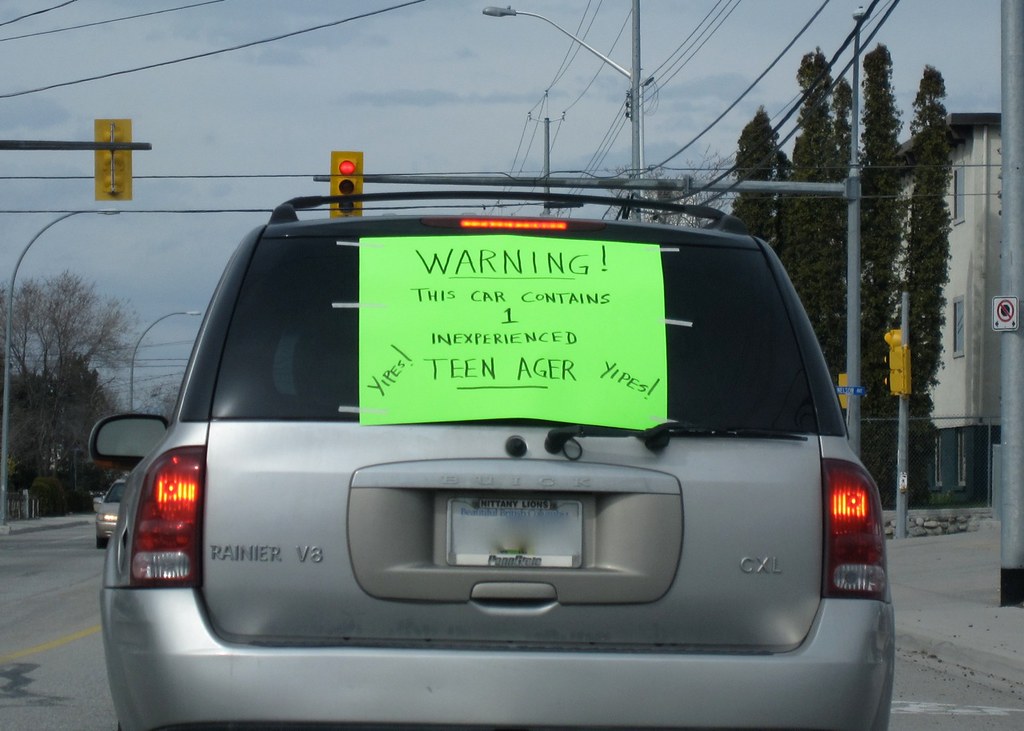By DYLAN DU & NANMA PILLAI
News Editor & Business Manager
There are certain facts of life that everyone can agree on. The fact that Avatar: The Last Airbender was an amazing series. That the Seahawks should have run the ball. And that caucuses are stupid.
For those of us who are unfamiliar with the confusing process, a caucus is a community gathering, in which citizens publicly declare support for a candidate. The intended purpose is to amass public support from voters and then translate that support to delegates. Each state is awarded delegates based on population, with a total of 1,990 delegates needed to win the presidential nomination this cycle.
Conceptually, there is nothing wrong with this. In fact, it even seems like a good way to spotlight a candidate’s stance on important issues and increase voter turnout due to the localized nature of a caucus. But in practice, the system is much like a retirement home: completely antiquated and may actually be working to suppress voter turnout.
Take the fifteen percent rule, for instance. While delegates are allocated proportionally to any candidate that receives more than fifteen percent of the vote in the state, any candidate who fails to meet this threshold will receive no delegates. Instead, the supporters of said candidate have to change their vote to a candidate that did meet the fifteen percent threshold, or simply not have their vote count to the distribution of state delegates.
This rule poses a significant disadvantage to candidates with more moderate viewpoints; instead favoring those with relatively radical viewpoints, as a more radical approach works to set them apart from the other competitors by drawing more attention from the voter base. While not inherently bad, it works to increase partisanship, which we need less of in this country.
If publicly declaring which candidate you support seems weird, that’s because it is. In this highly polarized political environment, many people would like to keep their political views private. But for people living in states with a caucus, they are forced to choose between having a say in the selection of their party’s nominee and possibly facing judgment from your neighbors.
Another issue is time. In the recent Iowa caucus, hundreds of thousands of voters lined up to voice their opinions at over a thousand locations across the state. Unlike primary voting, caucusing takes a significant amount of time. Participants talk to one another, trying to convince their neighbors to join them in supporting a given candidate. Most rational people would distribute that over a period of time. But caucuses are not rational. Instead, they cram the entire process into a multiple-hour process, creating a massive time commitment for voters.
Caucus-goers are the people who have free time; generally older folks and party activists.
Those with rigid work schedules may not be able to take the time off to participate in these caucuses, preventing them from voicing their opinions. Parents may be unable to get/afford childcare for the night. And because specific groups, such as low-income workers, are unable to voice their opinions, this time commitment essentially acts as a form of voter suppression.
This process is also very confusing and unnecessarily complicated. This year the results of the Democratic caucus in Iowa were delayed for several hours, due to problems in the results-tabulation process. This year is not the first year the Iowa Caucus has been disorganized. In 2012, Mitt Romney was named the winner of the Iowa caucus, but sixteen days later, the Iowa Republican Party declared that there had been a tabulation error and that then-Senator Rick Santorum had actually finished first. But even that result was tinged by uncertainty.
Iowa plays too big of a role in the selection of Presidential nominees. Iowa is over 90% white, but the US is not. Any candidate from either party would have a coalition far more diverse than Iowa to win the White House. States like South Carolina and Nevada have much higher minority populations and would be a better litmus test for how the candidates will perform at the national level. Additionally, swing states such as Pennsylvania and Florida would force candidates to spend more time there and build a solid foundation before heading into the general election. Having early primaries in swing states might allow voters to see how certain candidates would perform in the general election.
Caucuses are fundamentally flawed because they are disorganized and do not allow for an accurate representation of the will of the people. Reorganizing the primary process in a manner more representative of the voting population would be beneficial for the political process and for democracy.
Categories:
The Case Against Caucuses
February 19, 2020
0
Donate to Sword & Shield
$180
$1000
Contributed
Our Goal
Your donation will support the student journalists of University High School. Your contribution will allow us to purchase equipment and cover our annual website hosting costs.








